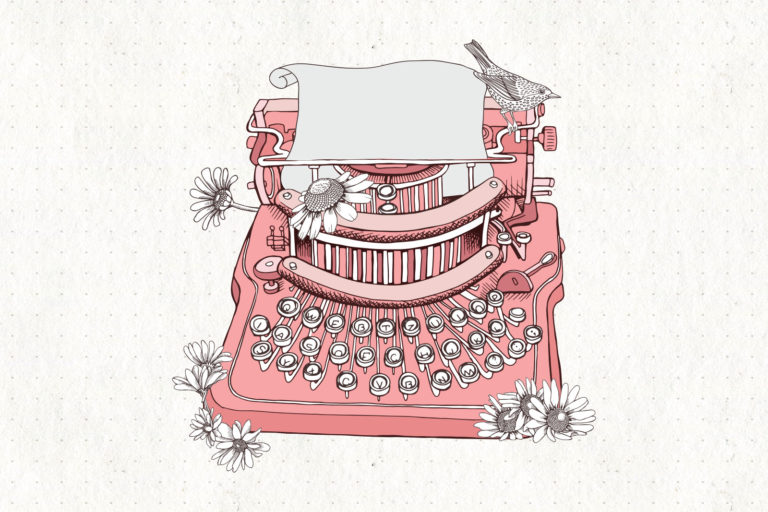
We’ve all behaved poorly sometimes – it’s what you do next that counts.
Why do we say or do things that upset others?
People are generally good inside and don’t mean to cause harm to others. However, everyone is different. What one person thinks is rude or offensive may not be considered offensive by the next. Really it all comes down to how that person was raised, how they think about themselves, and how their family and friends spoke with each other as kids. In some families it’s okay to be totally honest and speak your mind, even if it upsets people around you. Whereas in other families, kids may be taught to use their words carefully and not offend others.
Learning about ourselves
It doesn’t really matter if we unintentionally said or did something that hurt someone else. We did it, and we need to learn from it. Everyone makes mistakes and behaves poorly at times, and this is how we grow and change our behaviour. After all, no one is born perfect.
It is an important psychological ability to REFLECT on our behaviour. Reflect means to step away from our usual way of thinking and behaving, and looking at our thinking and behaviour from another person’s perspective.
Once you have stepped away from your usual pattern of thinking, you then need to try your hardest to understand how the other person would have interpreted your comment or behavior.
After you have reflected on what you said or did, you need to take note of this error and try your best to make sure you don’t repeat the same behaviour, comment or mistake again. You also need to apologise – and apologise sincerely.
How to make a sincere apology
Apologies can be hard to make but if we don’t apologise, there can be lots of negative consequences. When we don’t apologise, we can lose close relationships with friends, family, teammates and others. So here are four important steps that you can follow to make a sincere apology:
- Say the Magic Words: “I am sorry” and “I apologise”. If you say these words to begin with, the person will understand that you are remorseful. Some other things to consider:
- You must apologise as soon as you become aware of your error – time is important.
- Your apology must be genuine. Don’t apologise when you don’t mean it or the listener will smell a fake apology from a mile away!
- State what you are sorry for. When you apologise you must clearly state why you are sorry and how your behaviour impacted them. For example, you could say “I apologise for telling Fred about who you like. I know I broke our trust and you have every right to be angry at me. I am sorry. I have no excuse, I am sorry for what I have done to our friendship.”
- Repair the relationship. This is where you state how you will correct your error. For example, “What do I have to do to make up for this mistake?” Sometimes you need to be careful with repairing relationships as you feel guilty already, so be careful that you don’t give more than what is appropriate to your mistake.
- State that you will never make this mistake again. For example: “I will prove to you that you can trust me, and I will never break your trust again”. If you make this promise, you must do everything you can to stick to your word.
If you can reflect on your thoughts and behaviour and make a sincere apology when you need to, you’ll have long-lasting relationships with the people you love. And there’s nothing to be sorry about for that!




















